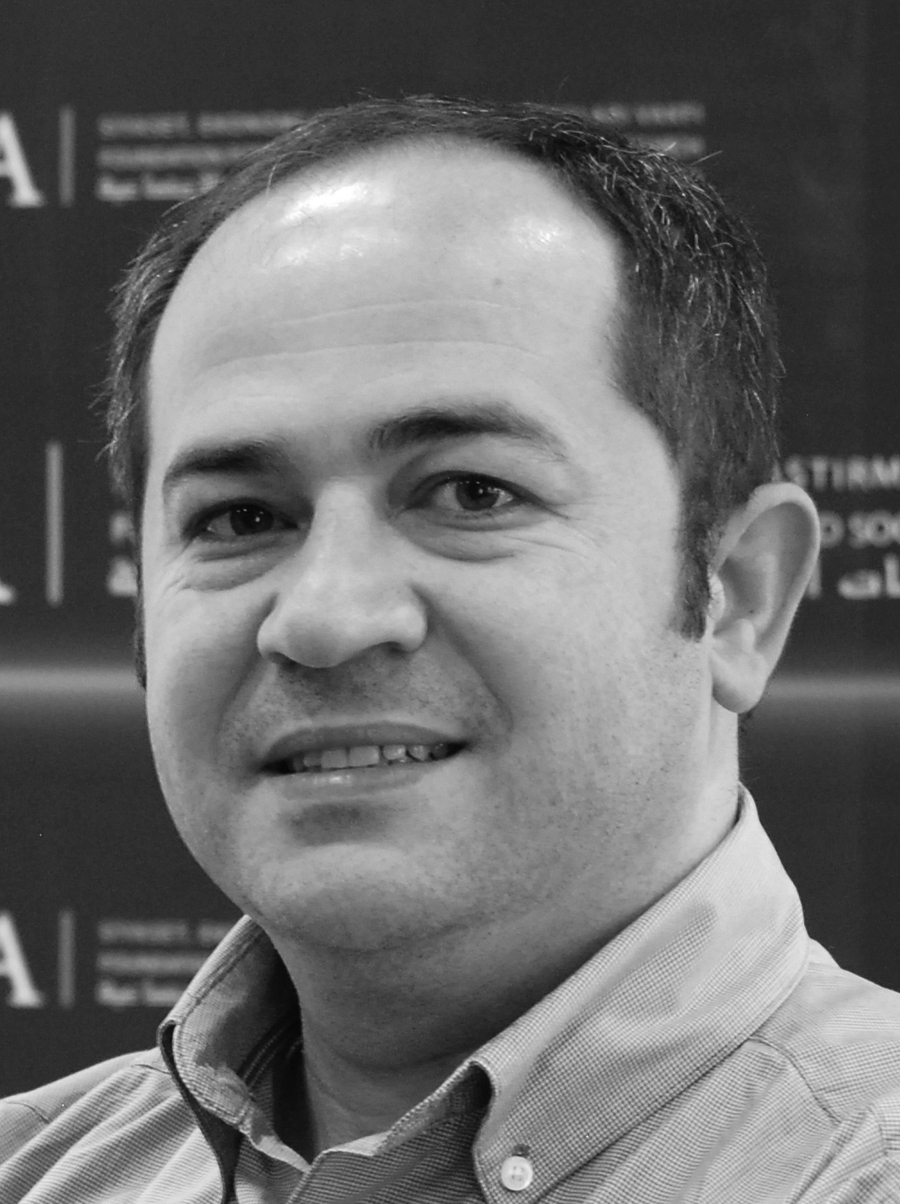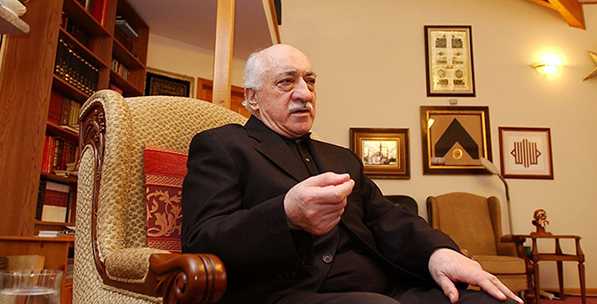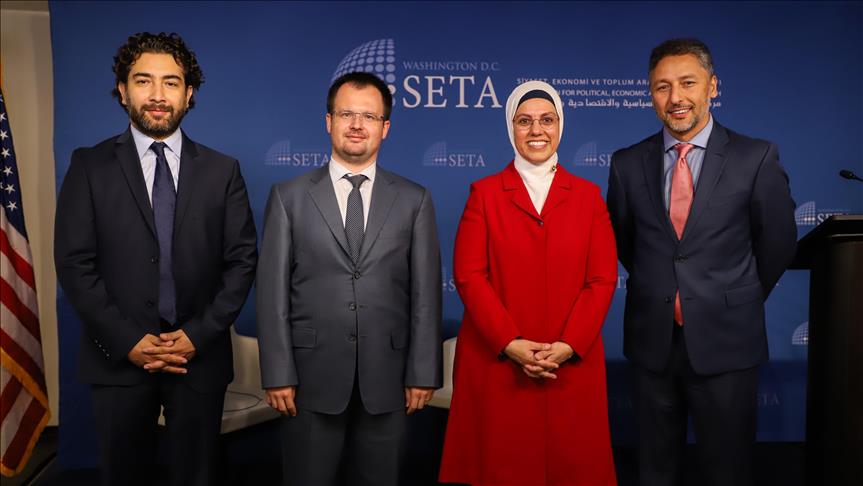The December 17, 2013 (operation) process (against the government) requires us to rethink how we describe the Gulen movement. Given the concerns surrounding its formation, its social dynamics, the reasons suggested by its members for participating in it and the terminology they use, the Gulen Movement is undoubtedly a religious jamaat. Although Fethullah Gulen, the founder of the movement, and his disciples use a particular language that distinguish them from the rest of the religious jamaats and tariqahs in Turkey, they speak in religious terms and justify justify their service with religious sentiments. However, the issues that Gulen and his followers have been associated most lately, the type of relations they are engaged in, and the way their spokespersons’ reasoning unfold, we are now left in a difficult position to characterize them as a religious jamaat.
This makes it necessary to redefine Gulen and his group of followers. Are Gulen and his disciples a religious congregation, a civil society movement, a political movement, a parallel-state organization or an organization trying to take over the State?
THREE PHASES OF GULEN’S EVOLUTION
When the Gulen Movement’s dynamics of progress are looked at, it is possible to point out at least three phases in which the goals and priorities of Gulen and his followers have changed. In the first period, which may be associated with his profession as an official preacher, the movement was a classical religious congregation with a familiar faith agenda. Gulen has concentrated on preaching in mosques countrywide and his congregation focused on religious activities and education to raise a pious generation just like the other jamaats in this first period. Although his followers gathered around Gulen, they were part of the larger Nurcu congregation.
Since the late 1980s, Gulen and his disciples started to gradually leave aside their religious congregational identity and look more like a civil society movement. They did so by adopting the form of a civil society movement and choosing such sweet concepts of the time as inter-religious dialogue and tolerance. They focused on civilian activities such as education and charity. They adopted an international identity beyond Turkish borders. It is important to note that in this second period, Gulen and his followers still remained a religious, esoteric and orthodox congregation. At the same time, they felt ashamed of appearing to the outside as a religious movement, for which reason they adopted a particular strategy to increase their sympathy in the eyes of the society while looking down upon the other religious congregations.
After the February 28, 1997 Post-Modern coup process, Gulen and his disciples underwent a third metamorphosis, the first stage of which was the resettlement of Gulen and his leading followers in the United States. The congregation, back then, focused on enlargement abroad and promoting relations with global centers. The second stage of this metamorphosis occurred when they backed the ruling Justice and Development Party (AK Party) in the fight against the tutelary system. In this period, the most effective development about the movement’s progress dynamics was that Gulen and his followers gained strength within the Police Department and the Judiciary. Gulen has given a great deal of importance to getting organized and networking within strategic institutions of the state – the Military, the Security and the Judiciary all along. Gulen has helped his disciples to acquire strategic positions in the institutions they have nested in with the political support of the AK Party and the courage they have had from the fight against the tutelage. After 2007, in particular, Gulen followers have become more influential in determining the priorities of the Police Department and the Judiciary by removing all alternative teams and actors in the effective intelligence and operation units of these institutions. The movement used its pow








